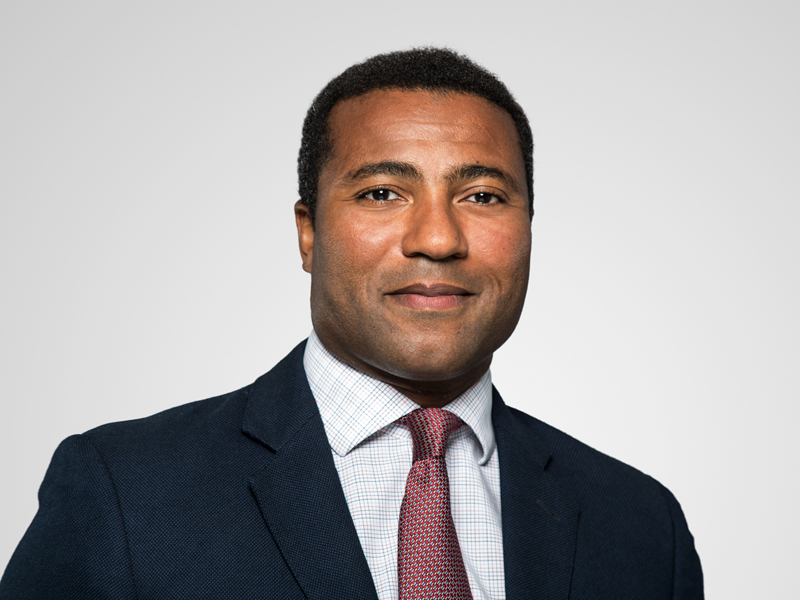Legal professional privilege: inviolable but destroyed by iniquity

In East-West United Bank SA v Gusinski, an application was brought by the claimant to determine whether lawyers were able to fully plead their defence to a conspiracy claim they had allegedly become mixed up in or whether legal professional privilege applied. It was alleged that the lawyers had become mixed up in a conspiracy perpetrated by the ultimate beneficial owner and controller (Mr Gusinski) of a group of companies they had represented, the effect of which was to avoid repayment of a debt owed by a group company.
Deputy Master Scher held that there was no legal professional privilege as the ‘iniquity exception’ applied to documents and communications brought into existence as part of or in furtherance of the alleged conspiracy.
The court considered the following principles, citing the leading case of Al Sadeq v Dechert LLP:
- Where legal professional privilege exists, it is inviolate … and has been described as a fundamental human right.
- Privilege does not exist if the ’iniquity exception’ applies. This exception applies where a document comes into existence in relation to a fraud, crime or other iniquity and is not limited to criminal or fraudulent purposes but extends to equivalent underhand conduct which is in breach of a duty of good faith, or contrary to public policy or the interest of justice.
- The iniquity exception is not confined to cases in which the lawyer is party to or aware of the iniquity.
- The basis for the iniquity exception is that a necessary ingredient of legal professional privilege is that the communication should be confidential. The exception applies where and because the iniquity deprives the communication of that necessary quality of confidence.
- The iniquity exception does not apply merely because a solicitor is engaged to conduct litigation by putting forward an account of events which the client knows to be untrue, even when this involves a deliberate strategy to mislead the other party and the court, and to commit perjury. Rather, the touchstone is whether the iniquity puts the conduct outside the normal scope of such professional engagement, or is an abuse of the relationship which falls within the ordinary course of such engagement.
- The merits threshold for the existence of an iniquity which prevents legal privilege arising is whether there is a prima facie case that it appears more likely than not on a balance of probabilities that an iniquity exists on an assessment of the evidence available.
- Where there is a prima facie case of iniquity which engages the exception, there is no privilege in documents and communications brought into existence as part of or in furtherance of the iniquity.
In finding that the alleged wrongdoing gave rise to the iniquity exception, Deputy Master Scher considered that on the evidence before the court, it was more likely than not that Mr Gusinski and the companies he controlled (a) misled the Swiss court; (b) misled the arbitral tribunal; and (c) diverted funds which could have been seized by the claimant to other companies within the group which intentionally prejudiced the claimant’s ability to recover the sums owed.
Importantly, the arbitral tribunal relied on certain statements made by the lawyers for Mr Gusinski and his companies which turned out to be false. The lawyers denied knowing that they were false. Whilst it was not determined in the application, the court considered that if their denial was made out at trial, it would mean the lawyers had been misled by Mr Gusinski about his intentions and that would be an abuse of the normal solicitor/client relationship, and a hallmark of the kind of iniquity which negates legal professional privilege.
The decision provides a useful reminder of the importance of clients being honest and transparent with their lawyers to ensure that legal professional privilege is maintained. Whilst this is a decision of the English High Court, the principles applied would likely be observed in the BVI and Cayman Islands if an analogous scenario arose in fraud proceedings.



